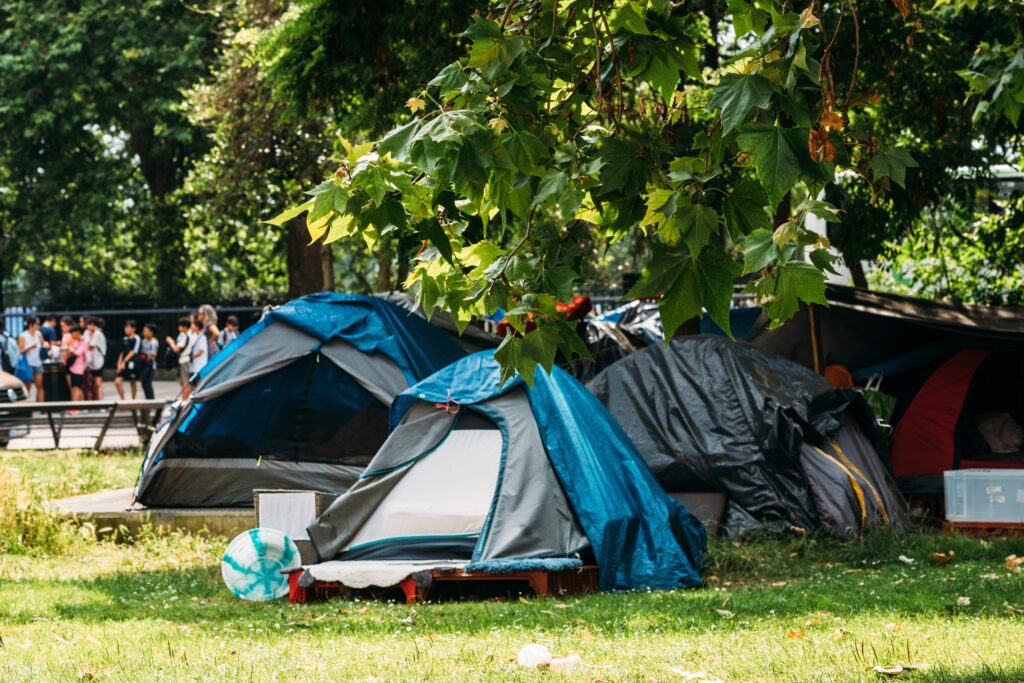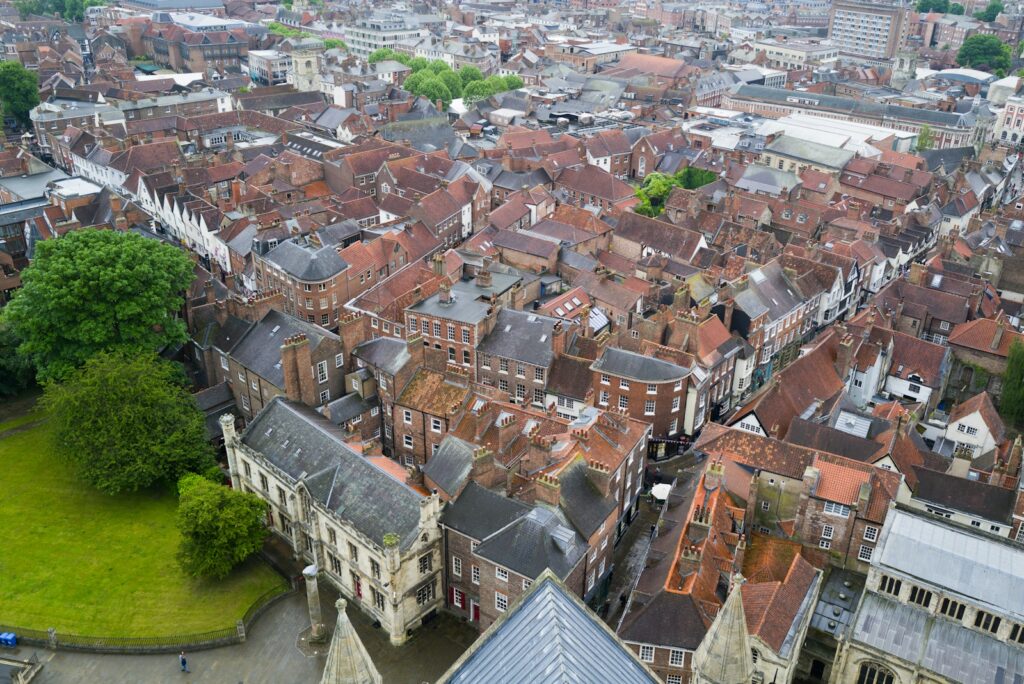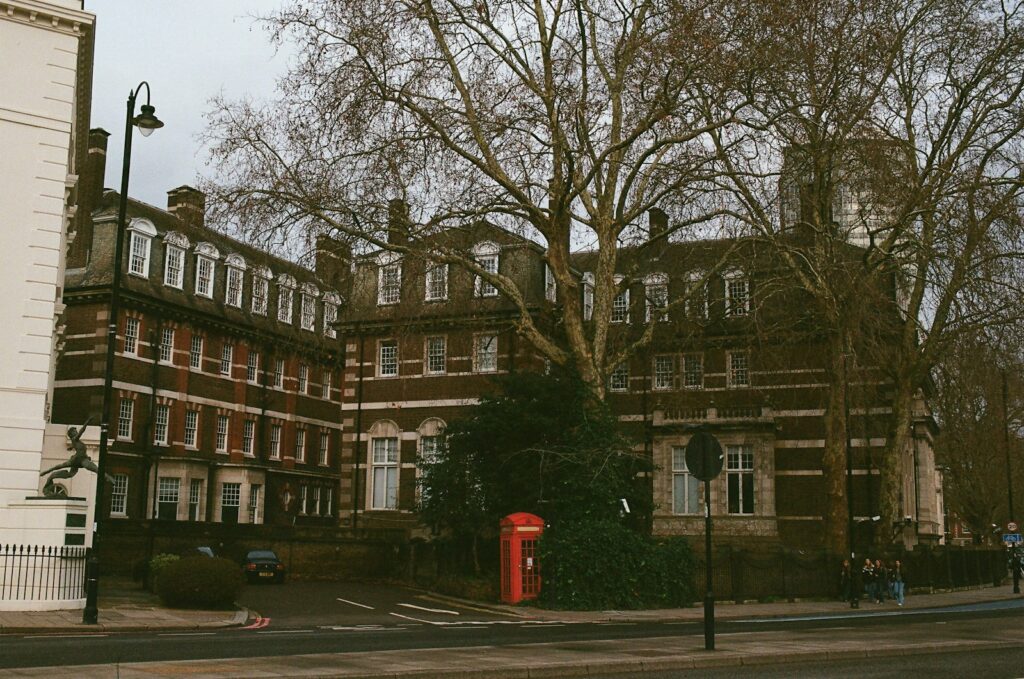The listing unlocks over 2,000 off-site biodiversity units for developers to purchase to meet their BNG commitments.
It’s the register you want to be on. This week, Environment Bank – an off-site Biodiversity Net Gain (BNG) provider – has had 16 of its BNG sites added to Natural England’s national biodiversity gain register.
Spanning 850 acres across the country, the move means the additions represent more than 40% of Natural England’s entire biodiversity gain sites register.
The 16 sites that have now been added to the register include:
- Horwich Habitat Bank, Greater Manchester x2
- Heighington Habitat Bank, County Durham
- Bingfield Habitat Bank, Northumberland
- Ripon Habitat Bank, North Yorkshire
- Hoscar Habitat Bank, Lancashire
- Martley Habitat Bank, Worcestershire
- Cornwall Habitat Bank, Oxfordshire
- Minting Habitat Bank, Lincolnshire
- Kilby Habitat Bank, Leicestershire
- Ludlow Habitat Bank, Shropshire
- Emberton Habitat Bank, Buckinghamshire
- Ardingly Habitat Bank, West Sussex
- Witchampton Habitat Bank, Dorset
- Puddington Habitat Bank, Devon
- Heacham Habitat Bank, Norfolk
‘There is growing demand to purchase biodiversity units and adding sites onto the national register is the final step in making them available,’ Catherine Spitzer, Environment Bank chief executive, said. ‘Environment Bank’s new additions have increased the size of the register by over 75% and we’re expecting more of our national network of 30 Habitat Banks to be added soon.’
The news couldn’t have come at a better time. Developers are legally required to ensure significant developments deliver a minimum 10% increase in biodiversity to be granted planning permission – a rule that came into force in February 2024.
Experts can do this by creating habitats at the site of development, or purchasing biodiversity units from a BNG site listed on Natural England’s register.
To be added to the register, a BNG site must have a legal agreement in place (either a conservation covenant or s106) to make use of the land bound to BNG for a mandatory 30-year period.
In related news:

















Leave a Reply